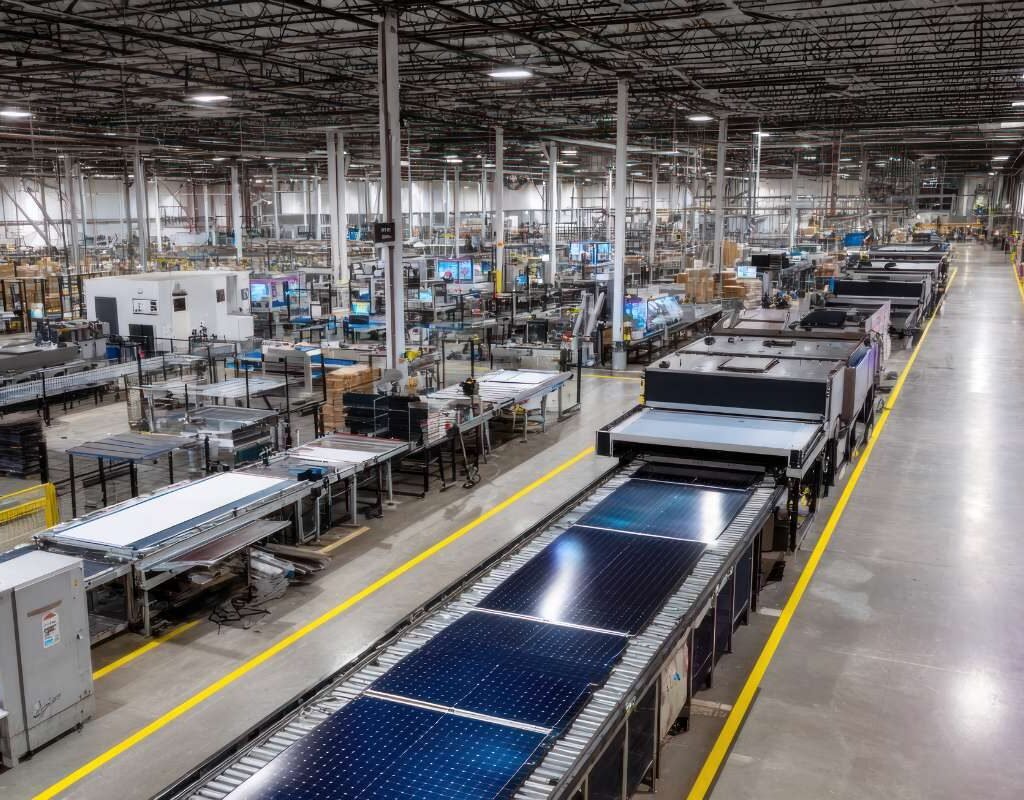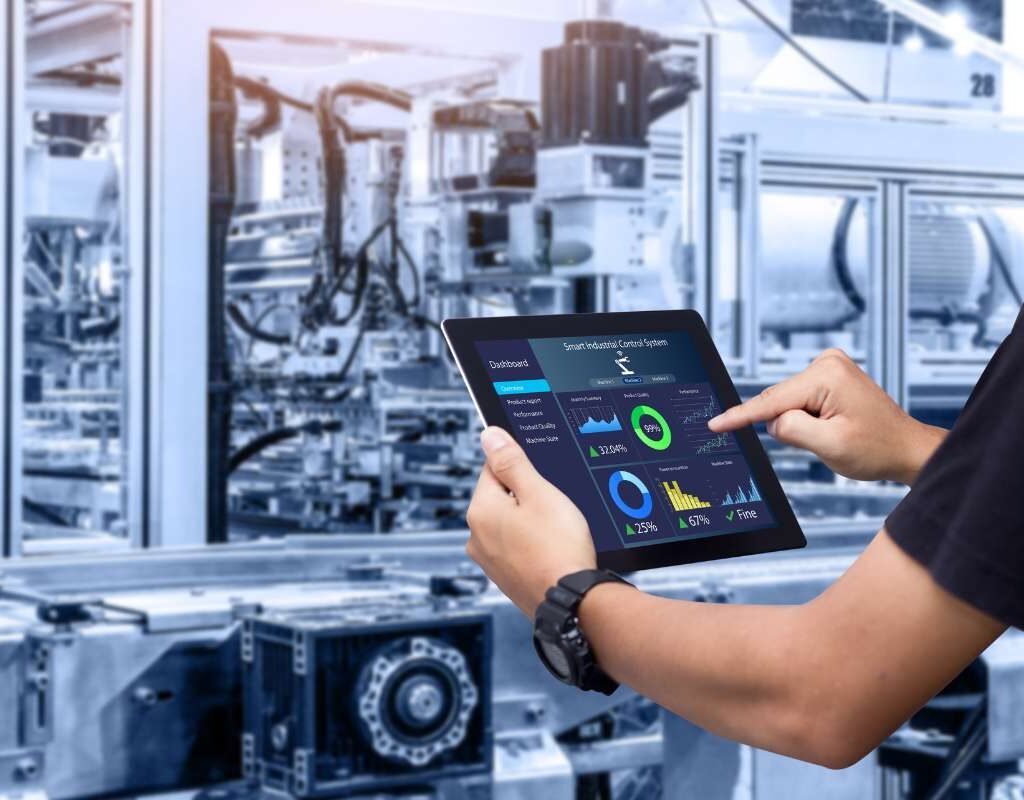Everyone is glued to conversations about apps and AI right now. Honestly, it makes total sense, especially given the fact that this supposedly makes businesses more efficient than ever before, right? So, there’s a constant buzz about how digital tools and industrial technology are reshaping work, shopping, and even dating. Honestly, with new tech like this, you just can’t help but be excited and curious, right?
But even so, you have to keep in mind that without physical infrastructure holding everything together, well, that “digital sparkle” just collapses. Basically, data has to move across wires, servers need power, and every “smart” tool is only as smart as the very unglamorous tech behind it. So, depending on the type of business you run, this might need to be something you should pay closer attention to.
Balancing Digital Hype With Industrial Reality
1. The Digital Obsession is Distracting Leaders
Sure, it’s easy for businesses to get caught up in the excitement of digital transformation. For starters, executives love talking strategy slides full of cloud integration, predictive algorithms, and customer experience apps.
But how often do those same leaders ask if their energy systems, equipment, and facilities are up to the task? Well, tech is only as reliable as the power that fuels it. So, a glitch in the digital plan is annoying, but even so, a glitch in physical infrastructure can mean an entire operation grinding to a halt. You see how big of an impact this actually makes?
2. But Industrial Tech Never Went Away

Well, it never actually did in all honesty. So, industrial technology might not grab headlines, but it has never stopped being essential. Just think about it for a moment, the more “boring” components like transformers, generators, and heavy-duty equipment are what keep factories humming, warehouses productive, and data centers alive.
These companies, like mibotransformer.com are producing the equipment that ensures energy flows where it should, safely and consistently. And while yeah, these sorts of equipment don’t exactly feel exciting compared to something digital, without it, basically every app, AI rollout, or online service would just be there idling. Digital tech just doesn’t stand a chance unless the Industrial Technology is there to hold it up.
3. There’s the Risks of Forgetting the Basics

When Industrial Technology gets treated as background noise, businesses set themselves up for costly surprises. To a degree, there are some businesses that are actually doing that. So, it doesn’t matter how well a customer app is designed if the server farm it connects to goes offline. It doesn’t matter how automated a production line is if a transformer failure stops the machinery cold. It’s true, it’s as straightforward as that.
So, neglecting what should be seen as the utter basics creates risks that ripple across entire operations. Well, these aren’t the kind of issues that can be patched with a software update either (if only it were that simple). Instead, they require attention to the nuts and bolts of infrastructure.
4. Why CEOs Should Care Right Now?

Needless to say, digital transformation is moving pretty fast, but physical systems aren’t as quick to change. Executives who prioritize Industrial Technology alongside digital investments gain a clear edge. But reliable infrastructure doesn’t just stop disasters; actually, it does so much more than that because it helps in building up trust. Basically, it signals that a business isn’t just ready to innovate, it’s ready to deliver consistently.









